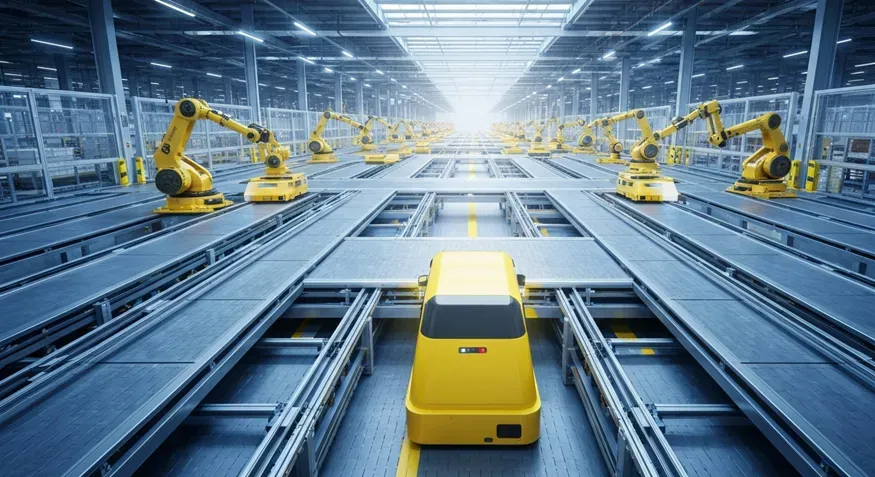Data historian vendors offer specialized software that is designed to efficiently store and analyze time-series data. The architecture of a data historian is optimized to handle large volumes of incoming data at high speeds, making it ideal for industries such as manufacturing, energy, and utilities.
In today's data-driven world, choosing the best data historian software is a crucial decision that requires careful consideration. With numerous options available in the market, it can be a daunting task to select the one that suits your business needs. However, it's important to be assertive and prioritize factors such as scalability, ease of use, analytics capabilities, and compatibility with existing systems when making this decision. Keep in mind that choosing the wrong software can have disastrous consequences for your organization's efficiency and productivity levels. So, take charge and make an informed decision by thoroughly evaluating all available options before settling on one.
Overall, understanding the differences between a database and a data historian is crucial in selecting the right tool for your organization's needs. By choosing the right solution you can improve operational efficiency and make informed decisions based on accurate real-time insights from your time-series data.





